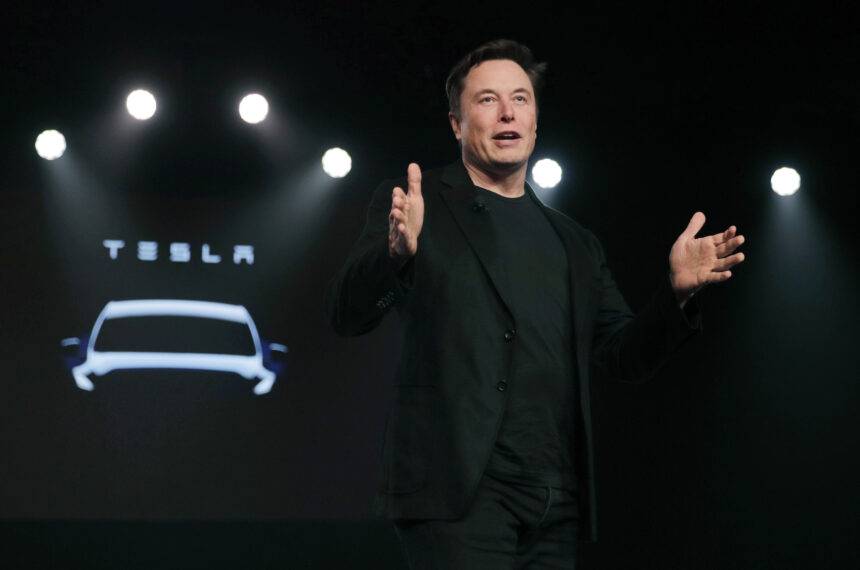Elon Musk, the tech billionaire known for his companies like Tesla and SpaceX, has once again made headlines for his strong stance against leaks within his organizations. Recently, Musk publicly threatened individuals who leaked information about his influence within the Trump administration, particularly regarding U.S.-China tensions and potential war planning.
In a social media post on X, Musk expressed his anticipation for the prosecution of Pentagon officials who were allegedly leaking false information to The New York Times. This aggressive approach to handling leaks mirrors Musk’s tactics within his own companies, where he has been known to crack down on internal sabotage.
One of Musk’s strategies for dealing with leaks is conducting mole hunts to identify the source of the information breach. In the case of Twitter, after the company’s source code was leaked online, Twitter issued copyright infringement notices to remove the information. Musk has also implemented canary traps, using coded emails to track down a Tesla employee who leaked private information to the press.
When faced with a former Tesla worker who allegedly stole confidential information and leaked it to the media, Musk’s companies have not hesitated to take legal action. Tesla filed a lawsuit against the individual, demonstrating Musk’s willingness to use the legal system as a tool to prevent leaks. Additionally, Musk has warned employees about the consequences of leaking information, including the possibility of being sued by the company.
Overall, Musk’s approach to handling leaks within his companies has been effective in maintaining confidentiality and loyalty among employees. As the federal government faces its own challenges with leaks, particularly after the Trump administration appointed individuals with ties to Musk, it is possible that Musk’s methods could be applied at a larger scale. By instilling a culture of loyalty and accountability, Musk’s influence may shape how leaks are addressed in government agencies moving forward.








